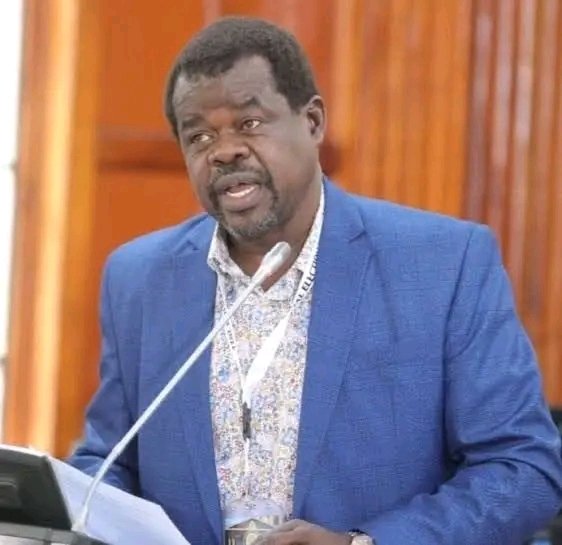Senator Okiya Omtatah of Busia, alongside a group of human rights activists, has taken a decisive step in the ongoing saga surrounding the Affordable Housing Bill 2023. Their latest move involves filing a fresh lawsuit aimed at quashing the controversial housing levy, which was recently signed into law by President William Ruto.
From Pulpit to Pistol: The Shocking Tale of Kitui’s Pastor-Cum-Robber
The petitioners have vehemently condemned the Affordable Housing law, labeling it as both unconstitutional and illegal. They argue that certain provisions within the law, particularly those appointing the Commissioner General of the Kenya Revenue Authority (KRA) as the collector of the housing levy, infringe upon fundamental legal principles.
Central to their challenge is the contention that the KRA Commissioner General’s role is strictly confined to matters concerning the authority itself, rather than extending to the collection of housing levies. This argument forms the cornerstone of their bid to overturn the legislation, emphasizing the need for adherence to established legal frameworks.
Linturi Requests Extension from Parliament to Submit Vital Documents on Fertilizer Scandal
Moreover, the petitioners raise concerns about the retroactive implementation of housing provisions that were previously declared unconstitutional. They assert that such a move not only violates the rule of law but also undermines the principles of fairness and justice.
Underpinning their legal challenge is a commitment to upholding constitutional values and principles. They argue that the imposition of the housing levy, without the operationalization of the Affordable Housing Fund as mandated by law, runs counter to fundamental national values such as transparency, accountability, and sustainable development.
DJ Joe Mfalme Released, Becomes State Witness in Kelian Murder Case
Furthermore, the petitioners question the adequacy of public participation in the legislative process leading to the enactment of the Affordable Housing Act 2024. They argue that the failure to conduct thorough public consultations renders the resulting legislation unconstitutional and void ab initio.
As the legal battle unfolds, the implications of this case extend beyond mere legal technicalities. At its core lies a fundamental struggle to safeguard the rights and freedoms of Kenyan citizens, ensuring that governance remains accountable and responsive to the needs of the populace.
With Justice Enock Chacha Mwita presiding over the case, all eyes are on the judiciary as it navigates the complex terrain of constitutional interpretation and legal precedent. The outcome of this legal showdown promises to have far-reaching implications for the future of housing policy in Kenya and the broader landscape of governance and accountability.
As the writs are served on the respondents and the wheels of justice begin to turn, the battle against the housing levy enters a critical phase. Senator Omtatah and his fellow petitioners stand as staunch defenders of constitutionalism and the rule of law, prepared to challenge any encroachment on the rights and freedoms of the Kenyan people.


